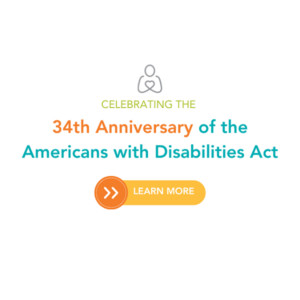Last updated February 13, 2024
A study of 5,500 patients by the University of Missouri has revealed discrepancies in the treatment options presented to white and Black patients living with heart disease.
Black patients are 27% less likely than white patients to receive an LVAD (left ventricular assist device) as a bridge to a heart transplant.
When Black patients seek help for heart failure, they are more likely than white patients to receive medication from a physician instead of an LVAD recommendation.
Researchers attribute these LVAD denials to physicians deeming Black patients ineligible for a transplant and taking them off the transplant waiting list. The decision could be influenced by age, gender, and the length of time spent on the waiting list.
“Black patients were getting the same access to newer technology, but they were getting it when they were sicker.”
Researchers have not concluded that race is the only reason why these patients receive different care recommendations than their white counterparts.
Black patients are statistically more likely to delay care for a heart issue, struggle to keep up with medication regimes, and report difficulty with managing day-to-day life with a medical device such as an LVAD. As a result, physicians may be more likely to see these patients as poor candidates for an LVAD or a heart transplant.
However, researchers point out that even if physicians are not consciously operating with a racial bias, their choices may stem from built-up structural racism in healthcare instead of from observations of individual patient behaviors. As a result, Black patients may not be receiving fully informed and supportive medical care options.
This study reinforces 2018 findings that Black heart attack survivors were less likely than white patients to receive aggressive medical care or certain medications.
“The Black-white disparity exists at every stage of the heart failure process”
Finances remain a significant barrier to transplant for patients. Black patients are more likely to rely on Medicare or Medicaid, and Medicare and Medicaid patients are more likely to be removed from the transplant list than patients with private insurance.
Getting Help for Heart Transplant Costs
Our nonprofit was founded because a surgeon and his wife, a nurse, shared the belief that no heart transplant candidate should be denied the gift of life due to an inability to cover the associated costs. If you know a patient who may need help fundraising for the cost of a transplant, our nonprofit may be their solution.
Learn how transplant fundraising with Help Hope Live is different from crowdfunding with sites like GoFundMe:
Written by Emily Progin










